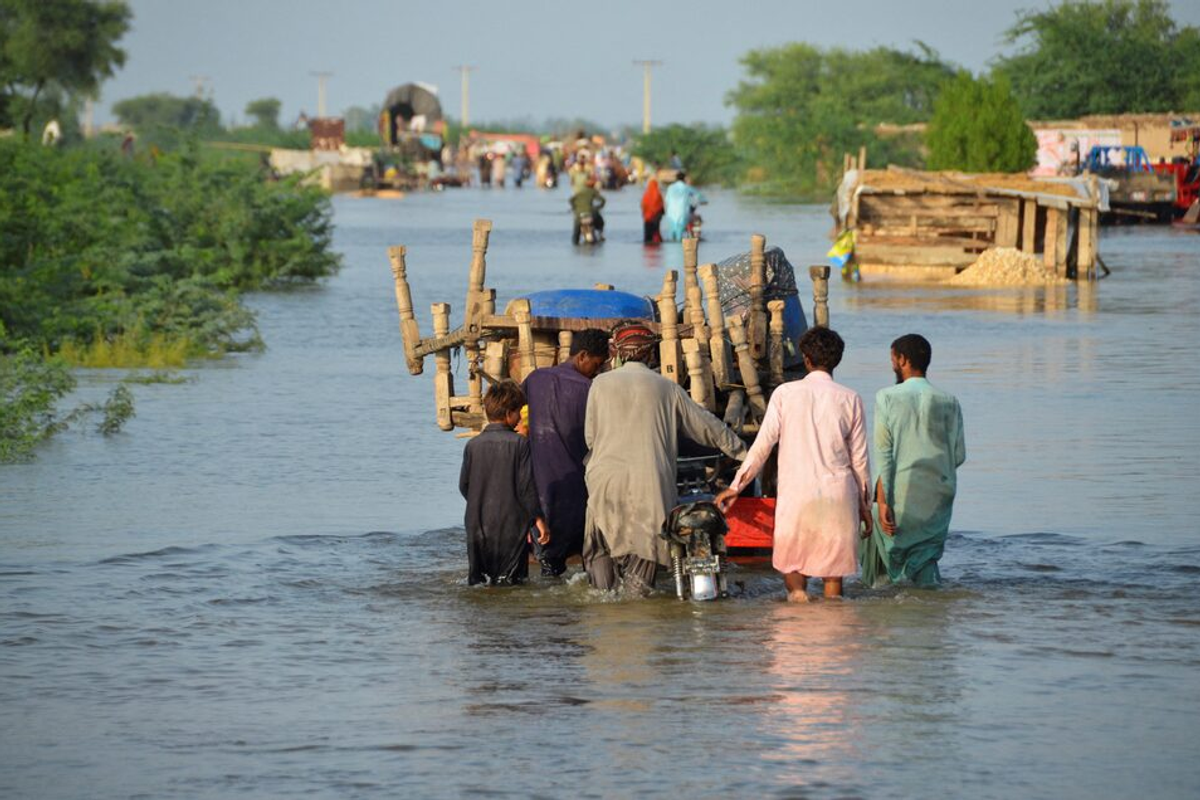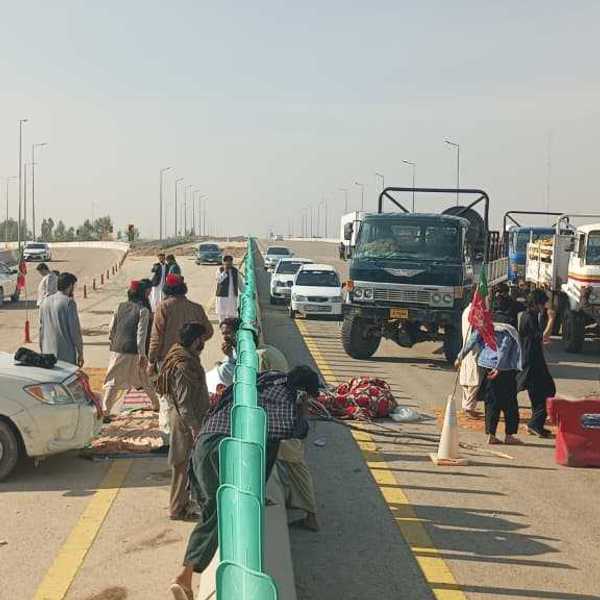Pakistan urged to reform economy for climate resilience
New report warns of $100B climate losses, calls for urgent changes to policy, financing means
Business Desk
The Business Desk tracks economic trends, market movements, and business developments, offering analysis of both local and global financial news.

Pakistan has lost more than $100 billion to climate-related disasters over the past two decades and risks even greater setbacks unless it aligns economic policies with climate goals, according to a new report.
The study titled ‘The Climate-Economy Nexus: Why Pakistan Must Act Now? by the Policy Research Institute highlights Pakistan’s position as the most climate-vulnerable country in the 2025 Climate Risk Index, surpassing Belize and Italy, despite contributing less than 1% of global greenhouse gas emissions.
Floods remain the most damaging climate threat, affecting more than 37 million people between 2015 and 2024. Rising temperatures are expected to shrink agricultural output by up to 10% by 2040, while water availability has fallen below 1,000 cubic meters per capita, placing Pakistan among the world’s most water-stressed nations.
The report also warns that extreme heat, glacial melt, and unpredictable rainfall are putting hydropower, food security, and livelihoods under severe pressure.
It recommended removing the recently imposed 18% tax on solar panels to support clean energy adoption, enforcing stronger carbon market governance, and exploring debt-for-nature swaps to reduce financial vulnerability. The report also stresses the need to scale climate-smart agriculture, modernize irrigation, and promote technologies such as drip irrigation and solar-powered systems.
The report further notes that Pakistan’s ability to compete in global markets increasingly depends on compliance with international climate regulations such as the EU Green Deal and carbon border adjustment measures. Non-compliance could restrict access for major exports like textiles and rice, worsening the trade deficit.
The findings conclude that Pakistan’s economic resilience, food security, and long-term growth are directly tied to how quickly and effectively the country integrates climate action into national policy and planning.







Comments
See what people are discussing